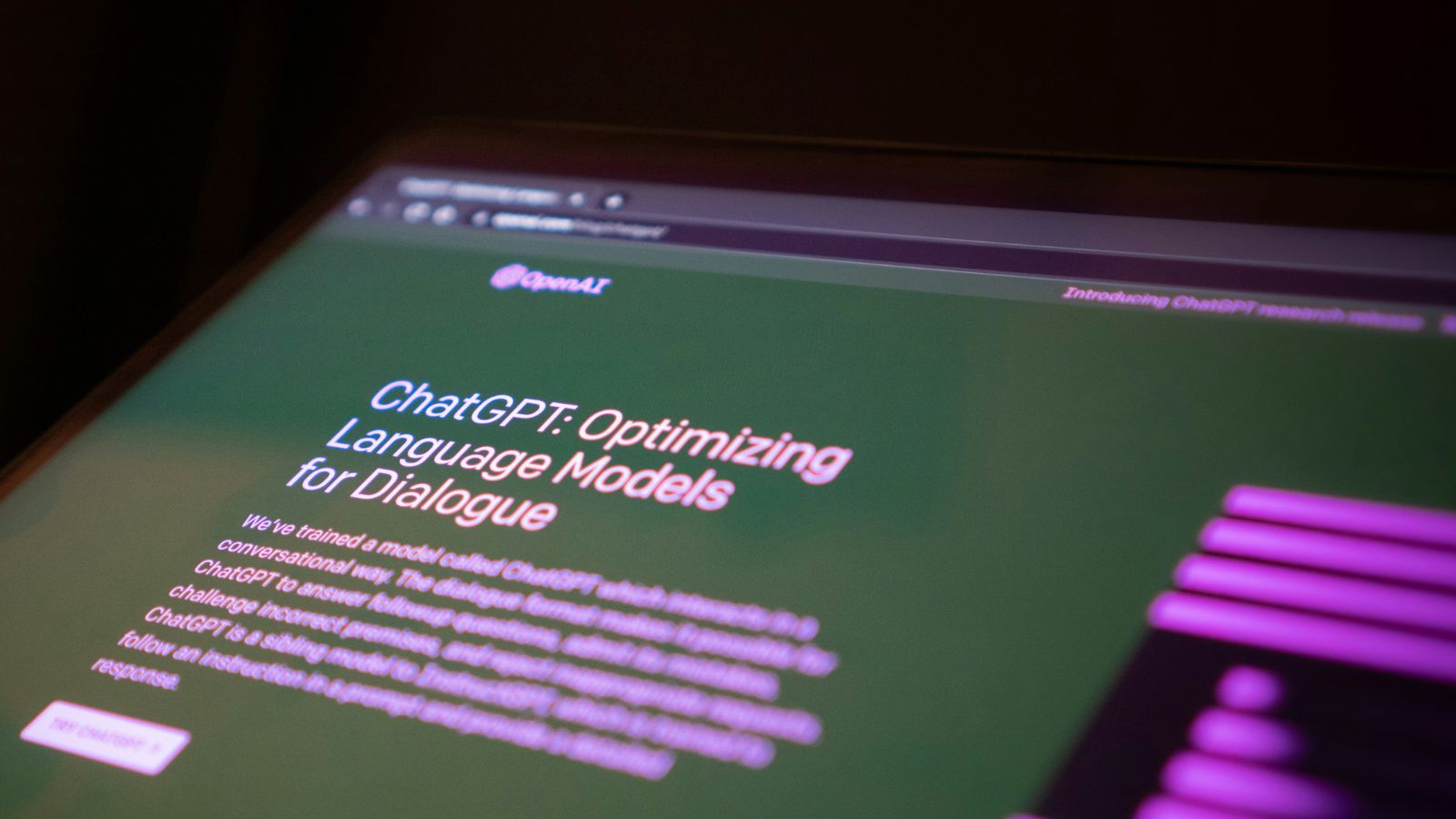OpenAI’s GPT-4o update was intended to improve the “default personality” of one of the AI models behind ChatGPT so that user interactions with the chatbot felt more intuitive and effective across various tasks. The problem was it, instead, led to ChatGPT providing responses that were “overly flattering or agreeable – often described as sycophantic”.
Five days after completing the update, OpenAI announced on April 29 that it was rolling back the adjustments to the AI model amid a growing number of user complaints on social media.
“ChatGPT’s default personality deeply affects the way you experience and trust it. Sycophantic interactions can be uncomfortable, unsettling, and cause distress. We fell short and are working on getting it right,” the Microsoft-backed AI startup said in a blog post.
The way that OpenAI uses user feedback to train the model is misguided and will inevitably lead to further issues like this one.
Supervised fine-tuning (SFT) on “ideal” responses is simply teaching the model via imitation, which is fine as far as it goes. But it’s not enough… pic.twitter.com/OOTb4guB55— Emmett Shear (@eshear) May 2, 2025
https://platform.twitter.com/widgets.js
Several users pointed out that the updated version of GPT-4o was responding to user queries with undue flattery and support for problematic ideas. Experts raised concerns that the AI model’s unabashed cheerleading of these ideas could lead to actual harm by leading users to mistakenly believe the chatbot.
we missed the mark with last week’s GPT-4o update.
what happened, what we learned, and some things we will do differently in the future: https://t.co/ER1GmRYrIC
— Sam Altman (@sama) May 2, 2025
https://platform.twitter.com/widgets.js
After withdrawing the update, OpenAI published two post-mortem blog posts detailing how it evaluates AI model behaviour and what specifically went wrong with GPT-4o.
How it works
OpenAI said it starts shaping the behaviour of an AI model based on certain principles outlined in its Model Spec document. It attempts to ‘teach’ the model how to apply these principles “by incorporating user signals like thumbs-up / thumbs-down feedback on ChatGPT responses.”
“We designed ChatGPT’s default personality to reflect our mission and be useful, supportive, and respectful of different values and experience. However, each of these desirable qualities like attempting to be useful or supportive can have unintended side effects,” the company said.
Story continues below this ad
It added that a single default personality cannot capture every user’s preference. OpenAI has over 500 million ChatGPT users weekly, as per the company. In a supplementary blog post published on Friday, May 2, OpenAI revealed more details on how existing AI models are trained and updated with newer versions.
“Since launching GPT‑4o in ChatGPT last May, we’ve released five major updates focused on changes to personality and helpfulness. Each update involves new post-training, and often many minor adjustments to the model training process are independently tested and then combined into a single updated model which is then evaluated for launch,” the company said.
“To post-train models, we take a pre-trained base model, do supervised fine-tuning on a broad set of ideal responses written by humans or existing models, and then run reinforcement learning with reward signals from a variety of sources,” it further said.
“During reinforcement learning, we present the language model with a prompt and ask it to write responses. We then rate its response according to the reward signals, and update the language model to make it more likely to produce higher-rated responses and less likely to produce lower-rated responses,” OpenAI added.
Story continues below this ad
What went wrong
“We focused too much on short-term feedback, and did not fully account for how users’ interactions with ChatGPT evolve over time. As a result, GPT‑4o skewed towards responses that were overly supportive but disingenuous,” OpenAI said.
In its latest blog post, the company also revealed that a small group of expert testers had raised concerns about the model update prior to its release.
“While we’ve had discussions about risks related to sycophancy in GPT‑4o for a while, sycophancy wasn’t explicitly flagged as part of our internal hands-on testing, as some of our expert testers were more concerned about the change in the model’s tone and style. Nevertheless, some expert testers had indicated that the model behavior “felt” slightly off,” the post read.
Despite this, OpenAI said it decided to proceed with the model update due to the positive signals from the users who tried out the updated version of GPT-4o.
Story continues below this ad
“Unfortunately, this was the wrong call. We build these models for our users and while user feedback is critical to our decisions, it’s ultimately our responsibility to interpret that feedback correctly,” it added.
OpenAI also suggested that reward signals used during the post-training stage have a major impact on the AI model’s behaviour. “Having better and more comprehensive reward signals produces better models for ChatGPT, so we’re always experimenting with new signals, but each one has its quirks,” it said.
According to OpenAI, a combination of a variety of new and older reward signals led to the problems in the model update. “…we had candidate improvements to better incorporate user feedback, memory, and fresher data, among others. Our early assessment is that each of these changes, which had looked beneficial individually, may have played a part in tipping the scales on sycophancy when combined,” it said.
What next
OpenAI listed six pointers on how to avoid similar undesirable model behaviour in the future.
Story continues below this ad
“We’ll adjust our safety review process to formally consider behavior issues—such as hallucination, deception, reliability, and personality—as blocking concerns. Even if these issues aren’t perfectly quantifiable today, we commit to blocking launches based on proxy measurements or qualitative signals, even when metrics like A/B testing look good,” the company said.
“We also believe users should have more control over how ChatGPT behaves and, to the extent that it is safe and feasible, make adjustments if they don’t agree with the default behavior,” it added.








